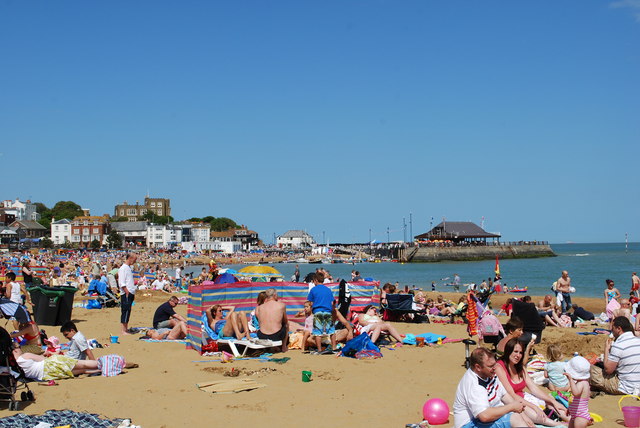Greek banks to stay shut all week as cash machines run dry
Greek banks have been closed since Monday, 29 July and will remain closed until Tuesday, 7 July. This comes after five years of debt crisis in Greece.
In five years, the country has borrowed €323 billion and has recently asked its creditors for more. However when bailout negotiations stalled, the European Central Bank (ECB) said earlier on Sunday that it won’t increase the level of emergency credit to help the Greek banks; that is, the ECB will not be lending Greece more money than it already does.
Without the financial support from ECB, the Greek banks will soon run out of cash. And to state the obvious, banks that run out of cash are kaput. In addition, Greece has to repay a $1.8 billion debt (roughly $2.4 billion in Singapore currency) to the International Monetary Fund (IMF) which is due Tuesday, 30 June.
To read more about Greece’s debt crisis, click here.
During this period of closure, to minimise the amount of money leaving the Greek banks, each person can only withdraw a maximum of 60 euros a day – that’s about 90 Singapore dollars. And no one, person or company, is allowed to move any cash abroad: what is in your bank account, must stay in your bank account and cannot be moved to another country.
Thus, over the weekend, people in Greece lined up at ATMs to withdraw money; at times, there were up to 100 people in line! Drivers also began queuing up at petrol stations to fill up their cars using credit or debit cards.
Greece will decide on Sunday, 5 July, whether to accept a bailout deal offered by the country’s international creditors: the international creditors will continue their financial assistance (lending money) if – and only if – the Greek government severely tightens its spending.
However if Greece does not accept the deal, or further negotiations for a bailout fall apart, it may be possible that the Greek banks will stay closed next Tuesday and be on holiday for more than a week.
(All images - credit: Wikimedia Commons and Pixabay under Creative Commons licence)









